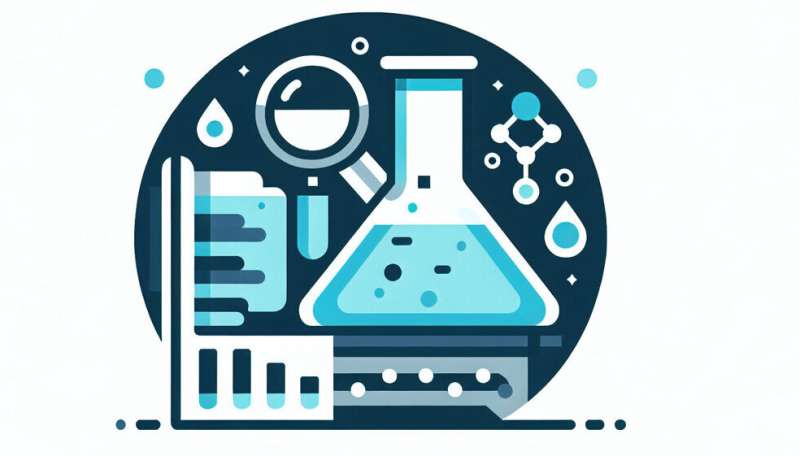A team from the University of Illinois Urbana-Champaign used PSC’s Bridges-2 system to train artificial intelligence (AI) tools to spot when a given research report is missing steps. Their goal is to produce an open-source AI tool that authors and journals can use to catch these mistakes and better plan, conduct, and report the results of clinical trials.
When it comes to showing that new medical treatments are safe and effective, the best possible evidence comes from randomized, controlled trials. In their purest form, that first means assigning patients randomly either to a group that receives experimental treatment or a control group that doesn’t.
The idea is that, if you assign patients without such randomization, you might assign sicker patients to one group and the comparison won’t be fair. Another important measure of quality is that the scientists conducting it lay out their goals and what their definition of success is going to be ahead of time, and not fish for “good results” that they weren’t looking for.

